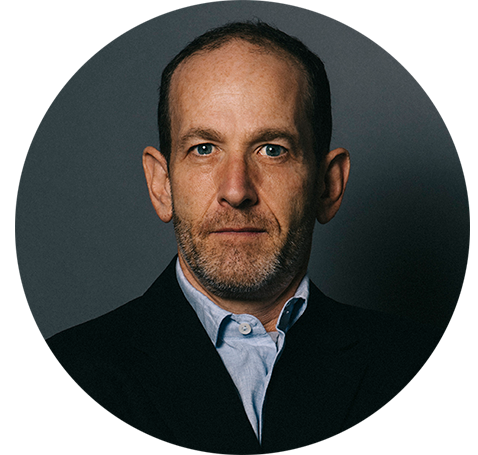My Approach
“Better to be in a storm with the wrong jacket, than never plan for a storm at all.” – GAR
I am part of a client’s challenge network. As a part of getting to know a client, often without charge, I seek to meet with all key people and interview team members. I see my role as working on ideas to solve problems with Company and Shareholder clients. Drafting and negotiating documents is the primary deliverable of my work. The goal is not to win an argument always (at least not with a client), but to elucidate a client’s decisions. I come at problems from a non-linear, often sideways direction. Sometimes my approach is with a beginners mind because I do not know as much – substantively – about a Client’s business and its business stakeholders.
Data. What are the pieces of info that you rely on that informs your decision? Will those pieces be different tomorrow? After some important event?
I often think of myself as “planting seeds.” I ask a lot of “what ifs?”
Many have written about how the Wright Brothers debated each other to refine their approach. The Wright Brothers were said to engage in “productive task conflict.” Not human conflict. Task based conflict – like a scientist – helps see things more clearly. Not challenging decisions leads to apathy and often poor blind faith, decision making. Since most of my clients are inventors, driven business people with ambitious plans, I think it important to describe my approach in the context of debate.
- Find common ground and build bridges between Company and external stake holders
- Ask more questions of stakeholders than speak. What are the reactions, dislikes, what are your thoughts on this approach?
- I often ask based on what I read and know – I heard that ABC is doing it this way, how does that work in your context? Does it change anything?
- If you are told you are wrong or I can ask an intriguing question that leads you to discover things you do not know, will your path be better (e.g. Steve Jobs approach to planning)
- Do not allow apathetic decision makers
- Work through problems by finding the essential data available and continuously probing for more information to help inform a decision
- “Follow and lead like a dancer.”
- Decisions are time bound and information is not evenly shared by parties.
- Do all stakeholders operate from the same moral ground or basis? How do you know?
- Be firm when setting time tables for decisions and put off decisions that are not a priority.
- I apply a curiosity to understand a client’s views and motivations. I ask a lot of questions and seek to understand every assumption and basis for a client’s plan and approach.
- My approach draws on what I have learned from expert negotiators.
- I firmly believe that a company without a mechanism for respectful internal challenges – fact based conflict – is the only way a plan is tested, thought thru and best developed.
- Fact based conflict is not inner personal conflict. I will not permit or stand for unprofessional inner personal conflict. While it is not my role to police inner company dialogue, I teach a client not to mistake my being nice with my acceptance of cross professional attacks. It must be dealt with firmly and consistently.
- it is my belief that good business counsel helps to muster facts as they are currently available, helps to identify potentially unavailable information (e.g. what info, if we had could make the decision easier, clear), and recommends and helps the client select the appropriate options thru a conflict or opportunity. Once the client chooses the option, counsel helps to execute the option in the form of an agreement or other documented approach.
Success often comes down to examining the data available now, the known and best guessed risks, and making thoughtful decisions and reactions when do not go as planned.




